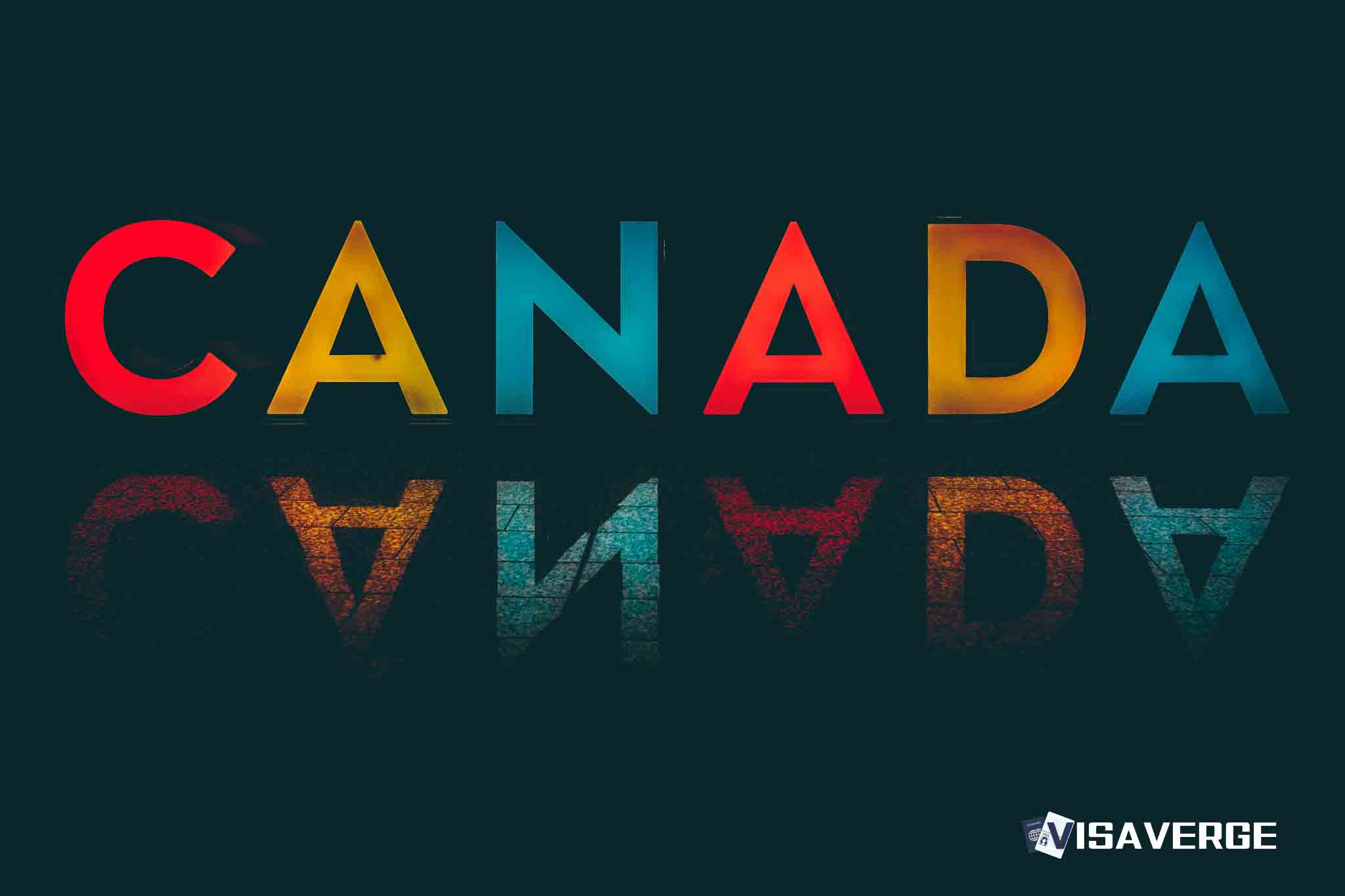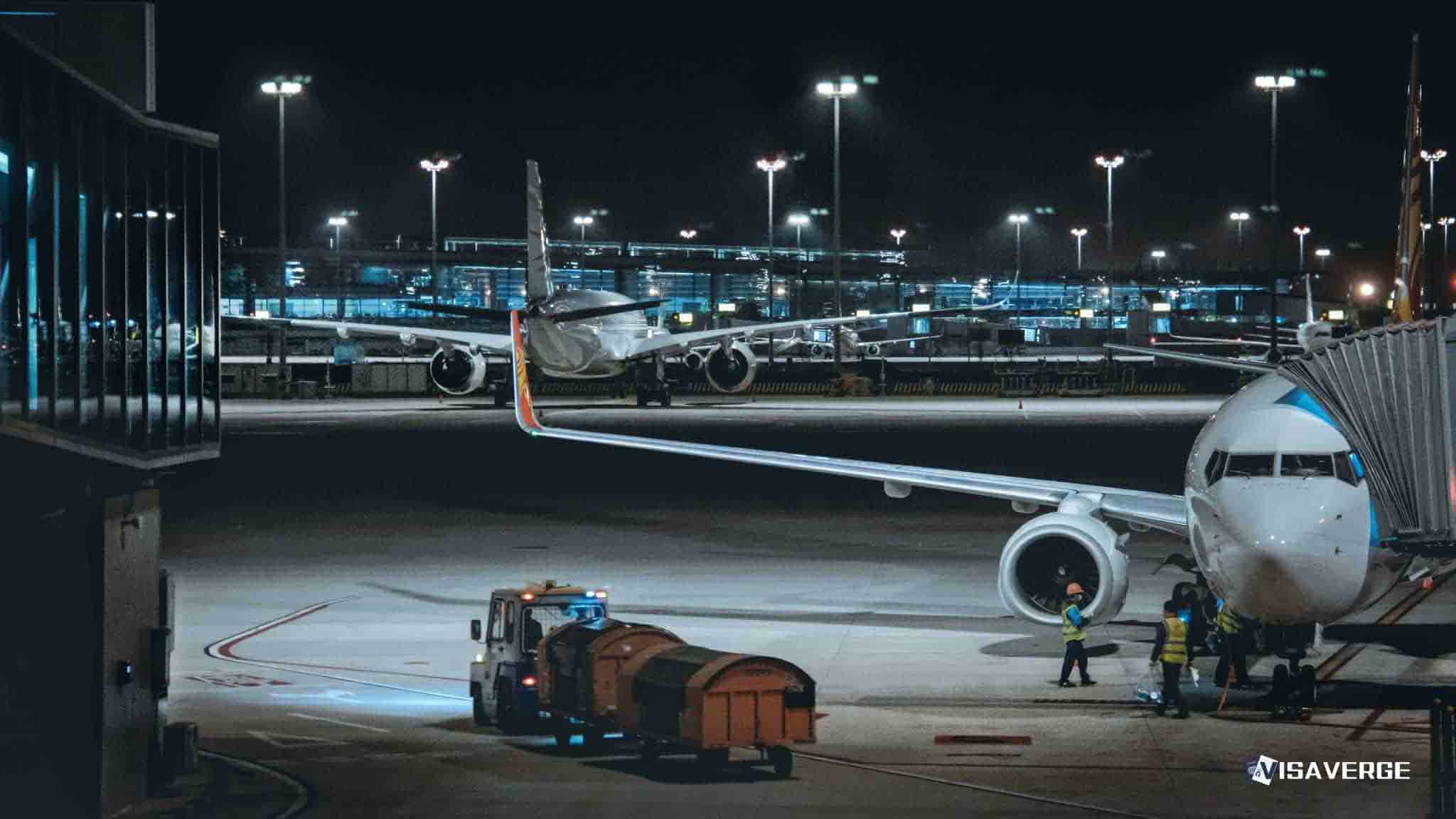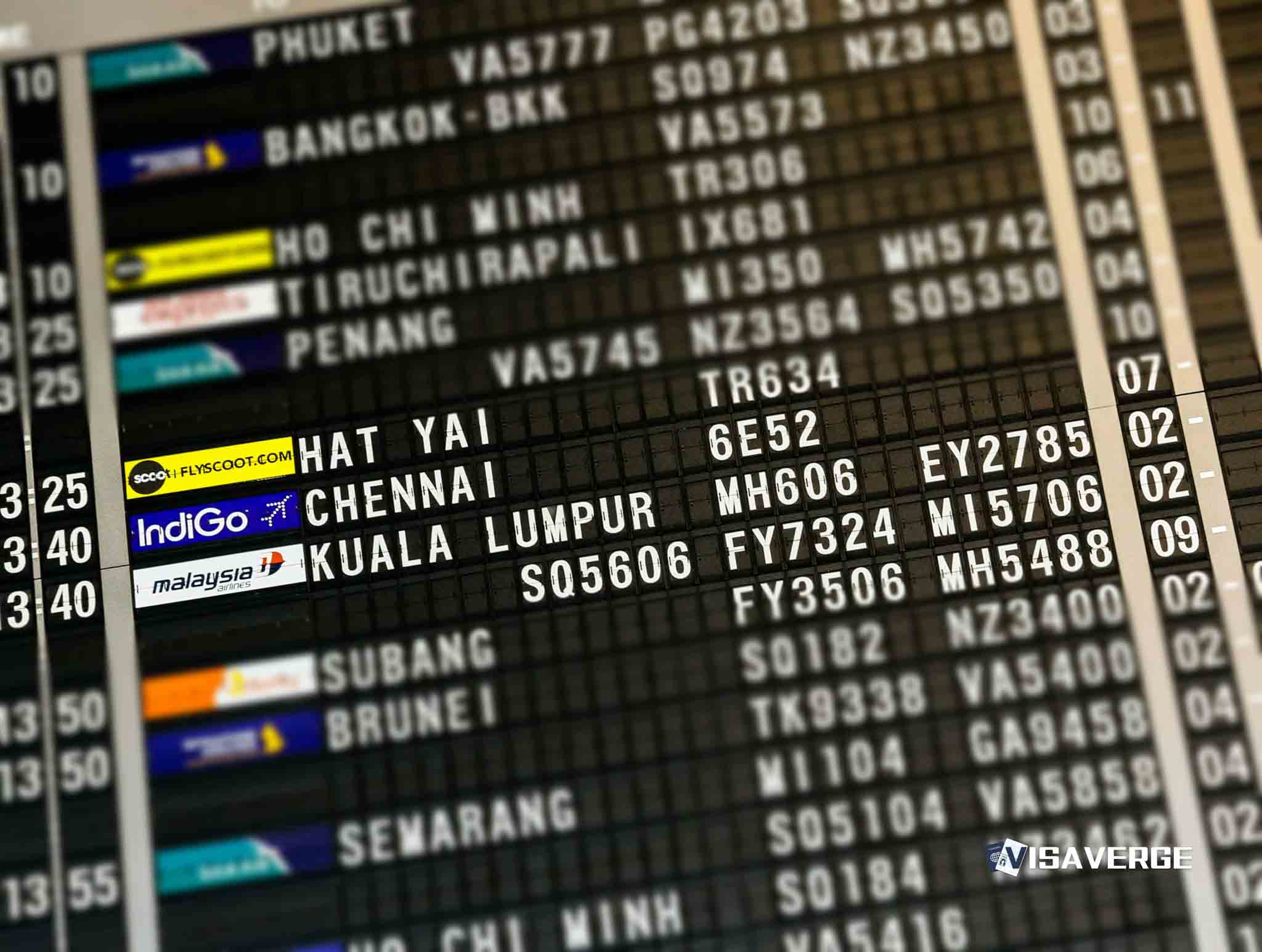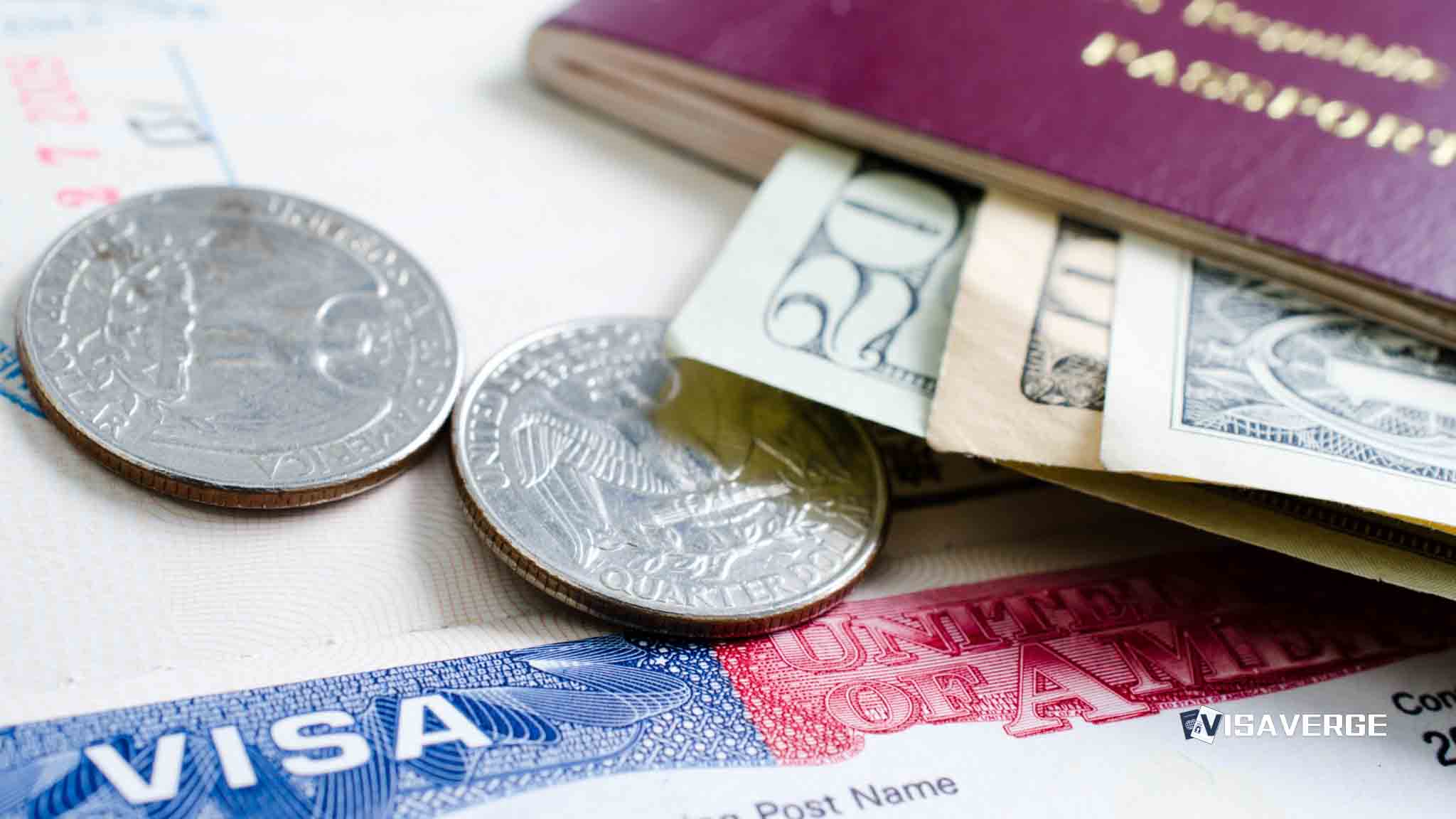(MONTREAL) Air Transat is facing a proposed class action in Quebec Superior Court over alleged price gouging during the Air Canada flight attendant strike, with plaintiffs claiming the airline charged far above normal fares while thousands of travelers were stranded abroad. Filed on August 28, 2025, the case argues that Air Transat used the mid-August disruption at Air Canada to raise prices dramatically on high-demand routes, including flights back to Canada 🇨🇦, without any clear increase in costs to justify the spikes. The company has acknowledged the lawsuit but has declined to comment, saying the matter is before the courts.
The lead plaintiff, Caroline Lavine, says the pricing left her family with few choices. After Air Canada canceled their return leg, she and her husband bought two one-way Air Transat tickets from Barcelona to Montreal for $5,355.52, even though their original two round-trip Air Canada tickets had cost $2,784.62. According to the filing, the substitute Air Transat service offered less comfort and no Wi‑Fi.

Plaintiffs’ lawyers say this case is representative of the broader pattern they intend to prove: that Air Transat charged up to five times its usual economy fares during the strike window, capitalizing on stranded travelers who had urgent travel needs and limited options.
Who is bringing the case and what they seek
Law firms LPC Avocats and Renno Vathilakis Inc. are seeking court authorization to proceed on behalf of what they estimate could be tens of thousands of passengers worldwide who purchased Air Transat tickets from August 14, 2025, onward at allegedly inflated prices.
- The suit cites Quebec’s Consumer Protection Act and argues the law covers Air Transat’s terms of carriage for both international and domestic trips.
- Plaintiffs claim the Act can apply even to customers outside Canada if they bought tickets during the relevant period under terms referencing Quebec law.
- The relief sought includes compensatory and punitive damages, plus interest and legal costs.
At the center of the case is the legal test for “excessive and unjustified” pricing under Quebec consumer rules. The lawsuit alleges prices jumped far beyond normal ranges for comparable routes without matching increases in costs for fuel, crew, or operations. The claim frames this as an unfair commercial practice—especially harmful when consumers are vulnerable and have limited bargaining power because of a sudden industry shock.
The class-action process and next legal steps
The court will first decide whether to authorize the class action—a critical threshold. If authorization is granted:
- Notices will go out explaining who is included, how to participate, and how to opt out.
- The parties will enter discovery, where pricing models, cost data, booking records, and internal communications can be examined.
- If the class is certified, eligible passengers will be included by default; individuals who prefer a separate claim would need to opt out.
Key facts for the record:
- Plaintiffs’ counsel: LPC Avocats and Renno Vathilakis Inc.
- Relief sought: compensatory and punitive damages, plus interest and legal costs
- Filing date: August 28, 2025, in Montreal
The court’s authorization decision is pivotal: if granted, the case moves into the merits phase and triggers outreach to potential class members.
Evidence and how the claims will be tested
The proposed standard ties fairness to historical price patterns. Proving the claim will rely on data and documents such as:
- Fare histories across routes and time periods
- Booking timestamps aligned to the strike timeline
- Internal yield-management rules and contemporaneous communications
- Cost data for fuel, crew, and operations during the window
Plaintiffs will aim to show the observed spikes were outliers. The defense is likely to argue that higher fares were a predictable and proportionate response to a sudden surge in demand combined with constrained aircraft and crew availability.
Broader implications for airlines and dynamic pricing
Air Transat’s silence so far reflects common legal caution in complex litigation that could set industry precedent. If the plaintiffs prevail, the ramifications could extend beyond one airline:
- A finding that certain crisis-era price spikes are unlawful could reshape how carriers set fares during labor unrest or other disruptions.
- A defense victory could affirm wide leeway for dynamic pricing, provided terms are clear and no law explicitly forbids the practice.
Analysis by VisaVerge.com highlights a gap between airline pricing systems and consumer protection standards built for more traditional retail models. Airlines argue dynamic pricing allocates seats efficiently and can help keep base fares lower over time. Consumer advocates counter that in emergencies—when travelers are stranded—those same systems can push prices to extreme levels with little transparency.
Human impact
For travelers, the consequences were immediate and real:
- Families cut trips short or incurred debt to get home.
- Students faced visa or academic deadlines.
- Workers worried about job security due to delayed returns.
A large last-minute fare can cascade into missed connections, extra hotel nights, and mounting costs. If the class action succeeds, compensation could be based on the difference between what passengers paid and a reasonable benchmark, plus possible punitive damages if the court finds intentional or reckless conduct. The ultimate award size will depend on the court’s findings and the number of validated claims.
Who is included in the proposed class
The proposed class includes anyone who purchased Air Transat tickets from August 14, 2025, onward and paid what the suit labels “inflated or excessive prices” compared with historical fares on the same route and comparable periods.
- That historical comparison standard will be tested through the fare histories and booking data described above.
- If authorized, eligible passengers will receive instructions for submitting claims or opting out.
How affected passengers can prepare
While authorization is pending, travelers who believe they were affected can take practical steps to protect their interests:
- Keep all booking confirmations, receipts, boarding passes, and payment records.
- Save screenshots or emails showing the fare paid and any comparable prices around the same time.
- Document original travel plans, canceled flights, and additional costs such as hotels or missed connections.
- Watch for court notices if the class action is authorized; notices will explain participation and opt-out procedures.
Prospective class members do not need to file separate lawsuits to be part of a certified class. Individuals who prefer to pursue their own claim can opt out, but many consumers remain in class actions to avoid the burden and cost of individual litigation.
Regulatory context and potential outcomes
Regulators worldwide are reviewing consumer rights in travel disruptions. Airlines often point to limited aircraft, crew duty limits, and tight peak-season schedules during strikes or weather events. Plaintiffs here argue those constraints don’t justify fares “up to five times” typical economy prices—particularly when service did not improve.
Possible outcomes:
- A ruling favoring plaintiffs could encourage internal airline caps for crisis pricing or regulatory guardrails on surge pricing.
- A defense win could reinforce broad discretion for dynamic pricing, noting market-based responses to demand spikes.
Either result will influence how carriers and regulators define acceptable price bands during major disruptions.
Settlement and administration considerations
If a settlement is reached, it would require court approval and would specify:
- Who is eligible and how to file claims
- How much the payments will be
- Administrative deadlines and anti-fraud measures
Given the alleged class size—“tens of thousands” of travelers—any payout administration would be a major logistical undertaking, with forms, verifications, and audits.
For readers who want more on Quebec’s consumer rules and public guidance on unfair practices, see the province’s resource here: Government of Quebec – Consumer Protection. This page explains general rights and duties under Quebec law and how authorities assess practices that may be abusive.
What to watch
- Whether the Quebec Superior Court authorizes the class action.
- Discovery outcomes: pricing models, internal communications, and cost data.
- Media coverage and further traveler reports that may emerge.
- Any settlement talks or court rulings that define the boundary between lawful dynamic pricing and unlawful price gouging during crises.
For now, passengers should monitor official court communications and updates from LPC Avocats and Renno Vathilakis Inc. The immediate spotlight is on whether the court will allow the action to proceed—and, if so, how it will weigh the line between legal dynamic pricing and unlawful price gouging during an airline strike.
This Article in a Nutshell
A proposed class action filed on August 28, 2025, alleges Air Transat exploited the mid‑August Air Canada flight attendant strike by significantly increasing fares on high‑demand routes, particularly return flights to Canada. The lead plaintiff reports paying $5,355.52 for two one‑way Barcelona–Montreal tickets after an Air Canada cancellation, compared with $2,784.62 for the original round‑trip tickets. LPC Avocats and Renno Vathilakis seek court authorization to represent potentially tens of thousands of passengers who purchased Air Transat tickets from August 14, 2025, onward, citing Quebec’s Consumer Protection Act and requesting compensatory and punitive damages, interest, and costs. The court will first rule on class authorization; if allowed, discovery will probe fare histories, booking timestamps, internal yield‑management rules, and cost data to determine whether prices were “excessive and unjustified.” A plaintiff victory could constrain crisis‑era surge pricing and influence industry practices; a defense win could affirm broad discretion for dynamic pricing. Affected travelers should preserve booking records and watch for notices explaining participation or opting out.







